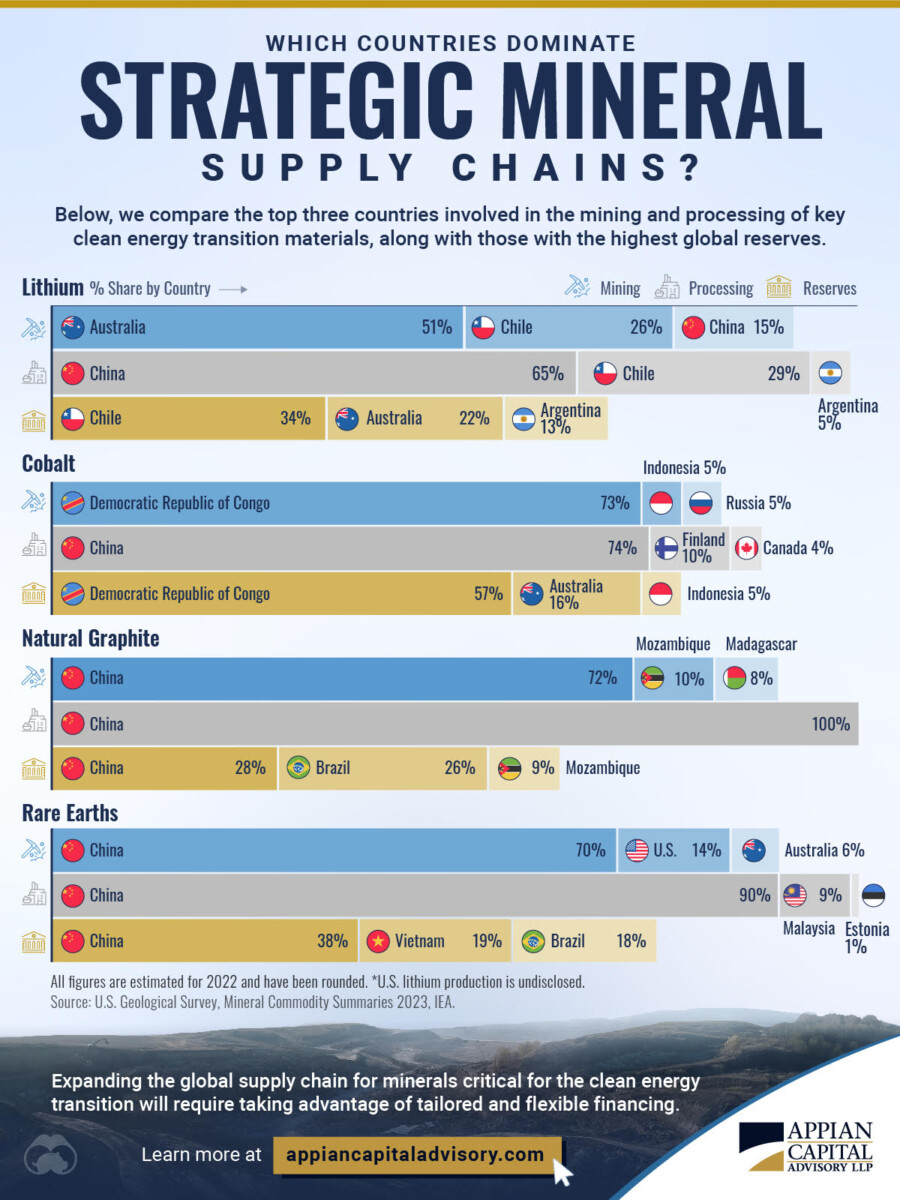My back-to-work morning train WFH reads:
• The World Is Getting Riskier. Americans Don’t Want to Pay for It. California is a microcosm of what happens when insurance breaks down: Either households face potential ruin, or the public is handed a financial time bomb. (Wall Street Journal)
• 7 charts that explain why Americans are unhappy with the economy: Some statistics illustrate why Americans still feel crunched even though traditional metrics make economic conditions seem strong.(Washington Post) see also How Bidenomics boosted growth but failed Americans — in charts: The US economy outperformed its global peers but left citizens feeling worse off, leading many to turn to Donald Trump. (Financial Times)
• The ‘Crazy Guy’ Who Bet Billions on the iPhone—3 Years Before It Existed: How SoftBank CEO Masayoshi Son convinced Steve Jobs to make the deal of the century. (Wired)
• Meta courted Trump. Now comes the backlash from Facebook, Instagram users. Why the internet blames Mark Zuckerberg for the TikTok shutdown. (Washington Post)
• When A.I. Passes This Test, Look Out: The creators of a new test called “Humanity’s Last Exam” argue we may soon lose the ability to create tests hard enough for A.I. models. (New York Times)
• Worried About Social Security Under Trump? What to Know About Claiming Early. Despite the urge to pocket your money before things get worse, Social Security isn’t going away. What’s more, current beneficiaries and people close to retirement are highly unlikely to see any reduction in benefits, says Charles Czajka, founder of financial consultancy Macro Money Concepts. “It would be a cold day in hell before they cut Social Security benefits, so they have to find a fix,” he says. (Barron’s)
• The Art of Calling Out Room Dynamics. We’re all so caught up in our own perspectives and agendas that we forget to take a step back and acknowledge the collective experience happening in the room. That’s where the simple act of naming what’s happening comes in. It’s like hitting a giant “pause” button on the spiraling negativity. (Leadership Garden)
• The Myth that Musicians Die at 27 Shows How Superstitions Are Made: Famous people who die at age 27, such as Janis Joplin, Jimi Hendrix and Amy Winehouse, get even more famous because of the mythology surrounding that number—an example of how modern folklore emerges. (Scientific American)
• A Columbia professor criticized Israeli students. It put her job at risk. Law professor Katherine Franke drew colleagues’ complaints, and a university investigation, when she spoke out about Gaza protests on the Ivy League campus. (Washington Post)
• A Tech Mogul Is Hell-Bent On Having a Formula One Racing Team: In New Zealand’s backcountry, David Dicker is spending tens of millions to build a 360 mph car. (Bloomberg)
Be sure to check out our Masters in Business interview this weekend with Mike Freno, Chairman and CEO at Barings. The firm is owned by Mass Mutual, and half of its $431 billion in invested assets are from the insurance giant, with the rest coming from institutional investors.
Which Countries Dominate the Supply Chain for Strategic Metals?

Source: Visual Capitalist
Sign up for our reads-only mailing list here.

